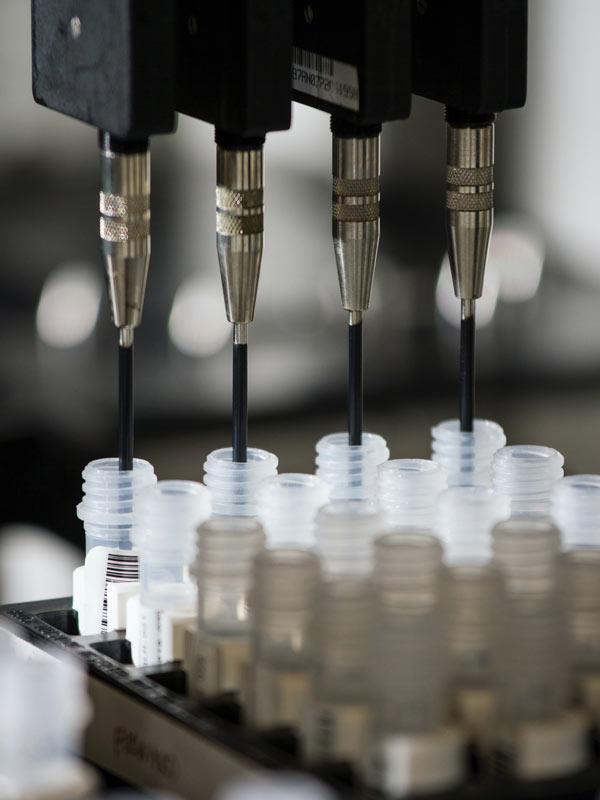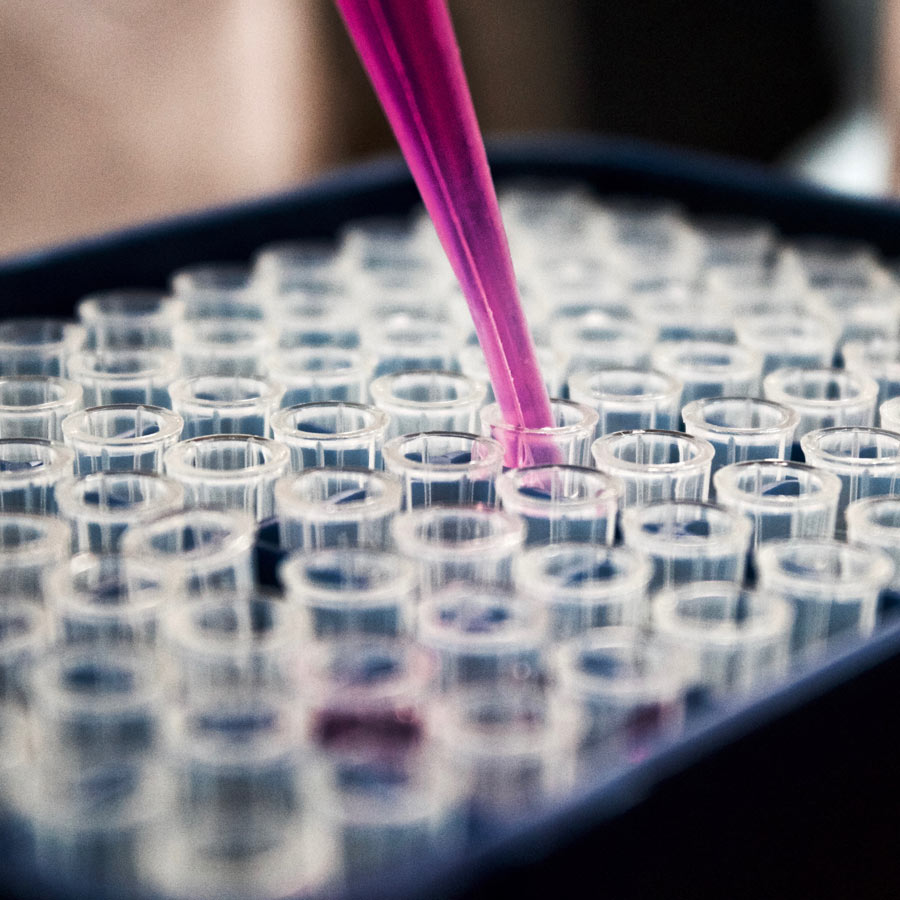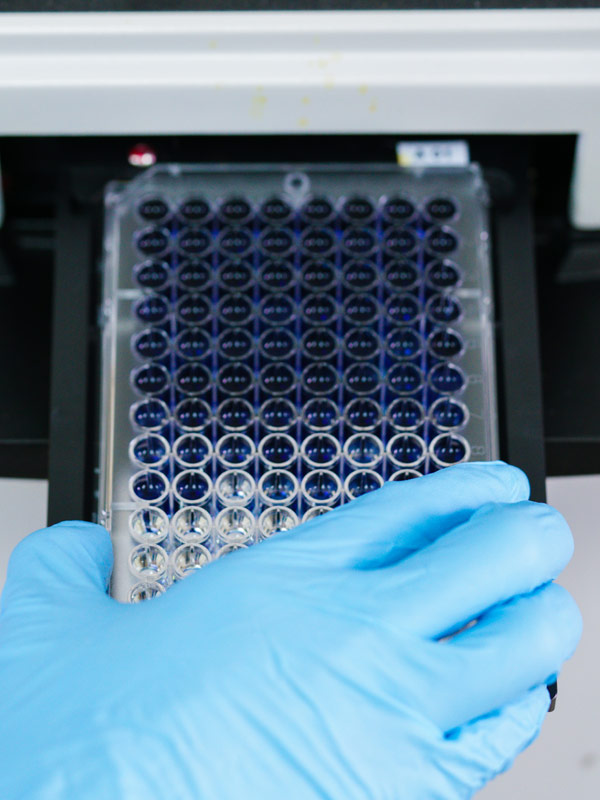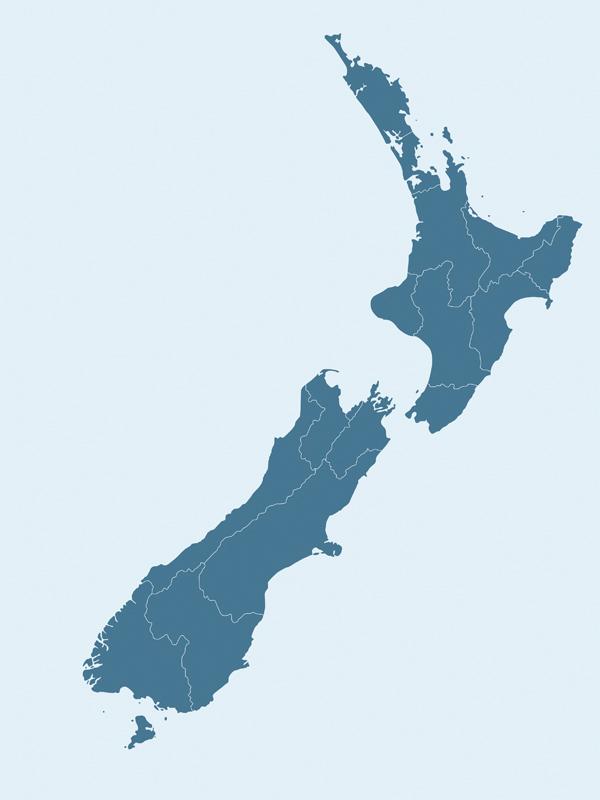Institutional Biosafety Committee


Gene Technology Legislation in Australia
Commercial use of Genetically Modified Organisms (GMOs) or clinical trials using GMOs classified as GMOs in Australia generally require a licence from the Office of the Gene Technology Regulator (OGTR).
Organisations commercially using GMOs for therapeutic purposes and/ or conducting clinical trials with material classified as GMOs must be accredited with the OGTR to be able to hold the licence in their name.
In Australia, the Gene Technology Act 2000 enables a nationally consistent scheme involving all States and Territories. The Act defines “to deal with”, a GMO, to mean the following:
- Conduct experiments with the GMO;
- Make, develop, produce or manufacture the GMO;
- Breed the GMO;
- Propagate the GMO;
- Use the GMO in the course of manufacture of a thing that is not the GMO;
- Grow, raise or culture the GMO;
- Import the GMO.
There are four categories of work with GMOs in Australia. These include:

Exempt Dealings
Exempt dealings (GMO products or dealings not requiring a licence). These are generally small-scale laboratory experiments.

NLRD
Notifiable Low-Risk Dealings (NLRDs) (GMO product dealings requiring a local Institute BioSafety Committee [IBC] approval for use in certified facilities) that are higher risk compared to exempt dealings.

DNIR
Licensed “Dealings Not Involving Intentional Release” (DNIR).

DIR
Licensed “Dealings Involving Intentional Release” (DIR).
Almost all human exposures to a GMO require a licence and these licensed dealings are reviewed by an IBC before they are examined by the OGTR. A DIR licence involves public consultation and is the option used for the commercial release of a GMO (i.e. a genetically engineered vaccine).
Graythan Regulatory Services IBC
GRS has over 30 years of experience with gene technology regulatory submissions. We have set up four IBCs for an Australian Government Department, an Industry group, a Clinical Research Organisation (CRO), and some years ago Graythan Regulatory Services (GRS). Our team has also accredited 10 organisations under the Act including an Australian Government Department, small and large CROs, an industry group, and large pharmaceutical companies. Our GRS IBC members all have been chairs of IBCs and members of multiple IBCs over the years.
The GRS IBC is accredited with the OGTR and has experience with commercial programs, clinical trials, and current Good Manufacturing Practice (cGMP) manufacturing that falls under Physical Containment (PC)2/ Biological Safety Level (BSL) 2 large-scale requirements. Each committee member has an average of 20-30 years of experience in the pharmaceutical industry. Our Committee includes the following positions/ expertise:
- Chair
- Secretary
- Microbiologist
- Virologist
- Molecular Biologist
- Independent Member(s) (three Committee members)
- Medical Doctor (US based)
- Clinical Operations Manager
- Quality Assurance
- Medical devices
The GRS and the GRS IBC can provide classification advice, formally review licence applications, and approval before they are sent to the OGTR and provide ongoing support during the OGTR evaluation. The IBC also reviews and approves NLRDs for organisations that require IBC access and considers exemptions locally.
We can also help you navigate the pathway for “Australian Sponsorship” for a local clinical trial (of a GMO) that requires an Australian legal entity while accrediting that entity to hold a DNIR or DIR licence while accessing the Australian R&D rebates. In this scenario, it is useful to streamline monitoring and compliance checks for both the Good Clinical Practice (GCP) aspects of the study as well as the DNIR/ DIR licence conditions while your monitoring team is on site.




Gene Technology Legislation in New Zealand
New Zealand has broadly similar GMO legislation and often requires a “new organism” approval for GMOs for commercial use or clinical trials under the Hazardous Substance and New Organisms (HSNO) Act, 1996 (Section 34 application, determined under section 38I release of qualifying organism [medicine or veterinary medicine]). A key difference between Australia and New Zealand is the timeline planning for New Zealand and the no requirement for an IBC to pre-review the application before it goes to the Environmental Protection Authority (Te Mana Rauhī Taiao).
Additionally, the approval of Medsafe (under the Medicines Act, 1981) is required for the commercial use of GMO medicines in New Zealand.
Our team has extensive experience and knowledge of New Zealand’s Gene regulations. Furthermore, our company founder led the team that achieved the first GMO approval in New Zealand for a human clinical trial. We can confidentially advise your company on the best regulatory strategy to successfully get your product GMO-approved in New Zealand.
Choose Graythan to ensure the success of your drug development program
At Graythan, we strive to add value to our client’s drug development programs through expert advice on regulatory and commercialisation pathways and by facilitation of regulatory processes.
Talk to us today about how we can make a difference with your drug development program, and make it a success.
Extensive Knowledge
Our many talented people have up-to-date in-depth knowledge of the life sciences industry
Our Journey
We work closely with you to guarantee our services are tailored to your company’s specific needs
Proven Results
We have a strong track record of success, coupled with high client retention rates and quality assurance
Personalised Support
Each client has their own GRS Consultant who ensures your needs are met to ensure product success
